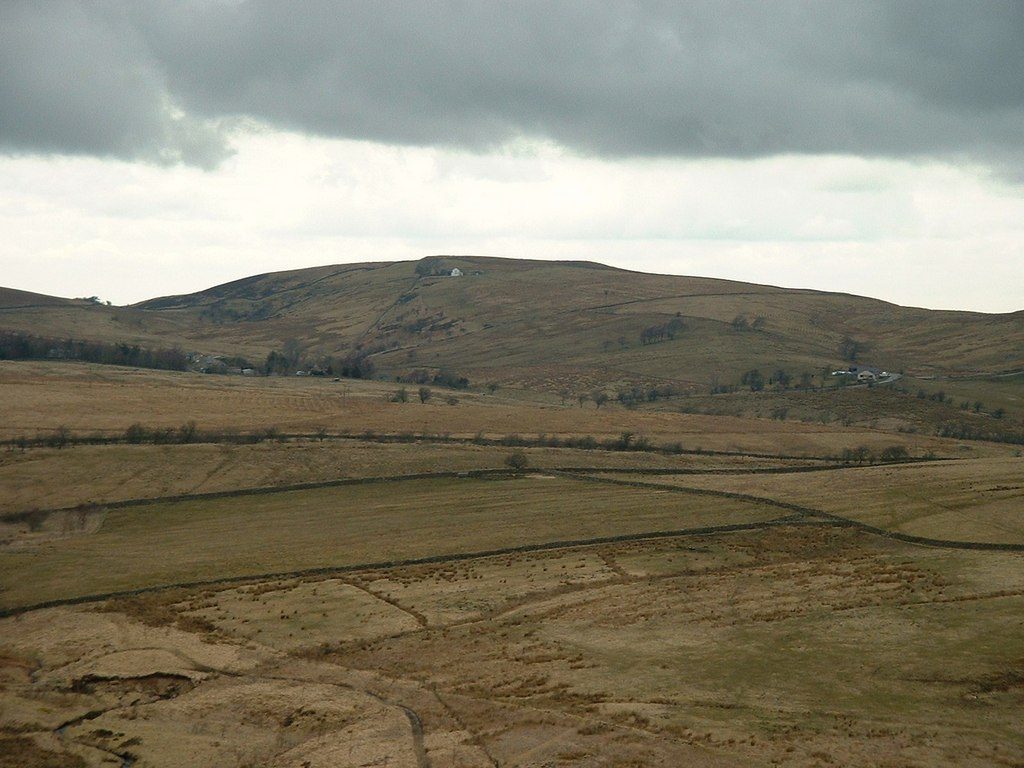Recognition: the known way the sky opens as you drive up and over the level crossing, that awkward right-hand bend; past the house where Jeannie lived out her last troubled days, she and the man who survived her quarrelling their drunken way to oblivion. Half-remembering what she said to you once in thanks for some minor kindness – something about the angels waiting in heaven to thank you. So that, every time you make the train journey home, as you pass that other crossing in the woods where they found her body, where you left the flowers days later, you remember.
Remembering is the nub of it. The flavour of those days is captured in the farmyard stink as the car leaves the last village and climbs past the coal-yard, and in the memory of the field at the junction piled high with carcases, the county lying broken under a pall of smoke and the stench of rotting flesh. Other disasters crowd in: the year of the January storms, power lines down for days, huddled in candlelight in front of a coal fire, or the floods, the long road into the city lined with sodden furniture for years after, skips piled high with ruined lives. You had your own troubles, too, the ordinary torments of loss and difference and fear. You recall a face hard with fury or smudged with tears; the car parked crooked by the wall, damaged beyond repair; the bad news you dreaded and the worse you had never thought to imagine. Bleak nights and days whilst the wind buffeted the small house and rain rattled the windows.
You know where you are. You wake in the dark, wander through empty rooms, familiarity wrapped around you like a blanket. Beyond the window, beyond the shadowy bulk of buildings, the first hints of dawn streak the sky with water-colour light. You recall other awakenings, days shot through with hope like a thin gold thread in workaday wool, the warmth of another against your side: you listen for his quiet breath. Or you pull on a coat and head out on the fell road, naming in your head the occupants of each house as you pass. At the crossroads you turn left up Robert Bell’s big hill and push on towards Whinny Fell, pausing to catch your breath as you look back at the pale stone of houses you have left behind. The road winds downhill now. Remember walking here in winter, hobbling along verges and ditches where the road was hazardous with snow and ice. At the bottom, where the road bends to the right and tracks lead up through the abandoned quarries and along the side of the fells, you take the path to the left, following the route of the old railway line, past the lime kilns and the disused mines, past the crumbling cottage, its roof long gone. You shuffle warily towards the doorway, remembering the time a pair of barn owls clattered out screaming inches from your head, the sudden terror of the din, the stillness after they had swooped away. The walls gape where stone and doors have been plundered but the old range remains, the bread oven beside it. You could loiter with the ghosts but you press on through the gate, the names crunching on your tongue: Clesketts, Clowsgill Holme, Kelky Fell. Here is the field where Soldier used to be tethered, here the string of houses which form the Top Terrace. Then back along the road past the big house where you used to live, past the duckpond and the farm and the pub, and home.
You are rendered familiar too. Your name on these northern lips becomes a two-toned melody. They know you, know the shape and the smell of you. They have a hoard of secret nicknames for you which you will never hear. Although you are different, an off-comer like the others who have settled here, perched on these hills like flies on the rim of a cup, they have softened their steely hearts, learning to tolerate your fancy foreign ways. They have the measure of your arrogance, the ingrained confidence of the silver-spooned existence which you try and fail to hide but they forgive you anyway. Or perhaps they simply see beyond your posh talk. Side by side you lean on the garden wall, eyes on the moors which shimmer in the morning mist, each utterance an offering, each response a compromise. Worlds rub shoulders. In that space where they meet, something like a chemical reaction occurs – you feel the alteration in your bones. As always, you belong to you; but you are also theirs. You belong here. They have made you their own, finding space for your tender roots in their coaly earth.
Since graduating with distinction in the Creative Writing MA from Anglia Ruskin University, Kate Swindlehurst has won an Arts Council Escalator Award and has completed a novel, two short story collections and a memoir. Her short stories have appeared on various shortlists and have been published in ARU’s 2016 anthology Crisp and online by Litro Magazine. She is currently working on a novel dealing with our responses to the refugee crisis. A northerner by birth and habit, Kate now lives in Cambridge. More information and regular blogs at www.kateswindlehurst.com

